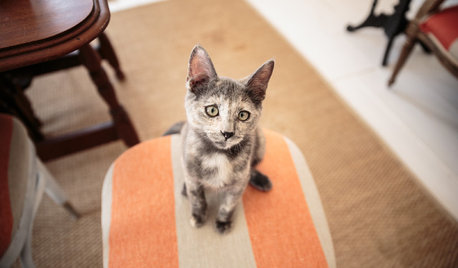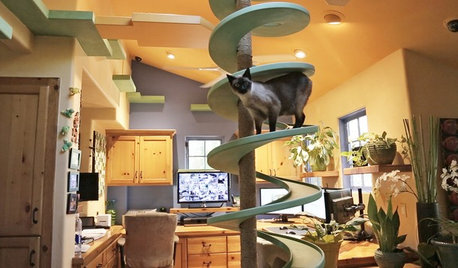I don't know how many people are familiar with this disease, but it seems to be especially bad this year so I thought it was a good time for an educational thread. First a little about KHV. This is a virus. There is no cure, and there is no proven vaccine. Once a fish has it, he will either die (about 80%) or he will recover. The problem is, if he does recover, he is still a carrier and can infect other fish. There is some speculation that although goldfish cannot contract the disease, they can still be carriers. This virus is highly contagious and can be spread by direct contact with infected fish, or by using contaminated nets or other equipment. The disease can lay dormate in a fish when the water is cooler, and break when the fish is stressed or the water warms up. This is a terrible disease you do not want to learn about by first hand experience.
Prevention: Know your seller. And even if you DO know your seller, still quarantine your new fish for at least 6 weeks. The QT needs to be warm enough for the virus to break. You also should put a small fish from your collection in with the new one so if the new one is a carrier, the old fish will break with the virus. There is a lot of info on the web about KHV. If you keep koi, you need to educate yourself about this disease. One mistake and it could cost you all of your koi.








carrie1964
mike_il
Related Professionals
Baltimore Landscape Architects & Landscape Designers · Fort Lee Landscape Architects & Landscape Designers · Kyle Landscape Architects & Landscape Designers · Prairie Ridge Landscape Architects & Landscape Designers · Roosevelt Landscape Architects & Landscape Designers · Beverly Hills Landscape Contractors · Del Aire Landscape Contractors · Eureka Landscape Contractors · Kaysville Landscape Contractors · Newberg Landscape Contractors · Smyrna Landscape Contractors · Murphy Carpenters · Windsor Carpenters · Green Bay Decks, Patios & Outdoor Enclosures · Parlier Decks, Patios & Outdoor Enclosuresccoombs1Original Author
mike_il
frloplady
ccoombs1Original Author
turtleguy89
lynn_d
hnladue
mike_il
surfhead
mike_il
surfhead
mike_il
kimantnee
surfhead
kimantnee
surfhead
kimantnee
surfhead
dmcunningham
mike_il
surfhead
edy42
surfhead
mike_il
edy42
kimantnee
surfhead
kimantnee
surfhead
kimantnee
surfhead
kimantnee
surfhead
kimantnee
ccoombs1Original Author
surfhead
kimantnee
surfhead
nancymb
kimantnee
ccoombs1Original Author